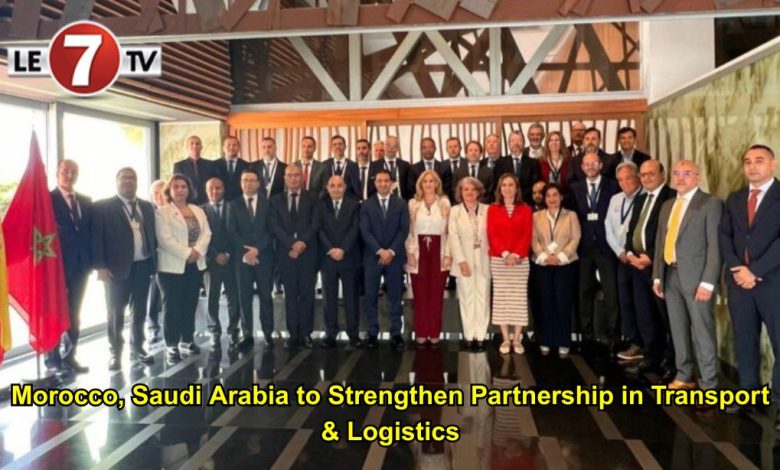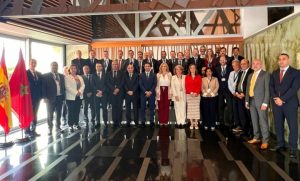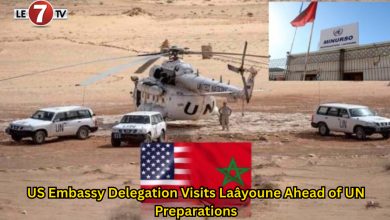Morocco–Spain Coordination Underway for ‘Operation Marhaba 2025’
Cadiz - The Moroccan-Spanish Joint Transit Commission met Wednesday in Cádiz to review joint preparations to ensure the best conditions for a smooth conduct of "Operation Marhaba 2025", held under the High Solicitude of HM the King.


Co-chaired by Khalid Zerouali, Wali and Director of Migration and Border Surveillance, and Susana Crisóstomo, Spanish Undersecretary of State for the Interior, the commission focused on key areas like smooth travel, safety and security, passenger support, clear communication, and prevention measures in light of the current epidemiological situation.
Accordingly, the national mechanism aligns all sectoral interventions and is implemented through a large-scale social assistance program set up by the Mohammed V Foundation for Solidarity in Morocco and abroad, involving more than 1,200 personnel, mostly social workers and doctors.
This national mechanism also includes a comprehensive fleet plan, comprising 29 ships and 7 maritime operators, serving 12 maritime routes with a daily capacity of over 41,269 passengers and 10,809 vehicles on the Tangier Med-Algeciras route.
It also involves substantial investment in upgrading port infrastructure in Tangier-Med, Nador, and Al Hoceima, as well as comfort and facilitation measures for passengers (rest islands, shaded areas, footbridges, display and signage systems, and dredging of ferry docks).
It also provides for medical and health support along the road network (3,578 km) and rest areas, mobilizing doctors, nurses, ambulances, temporary relief centers, and medical units. Local authorities are being mobilized, notably through the establishment of dedicated units in the concerned provinces and prefectures, reinforcement of security personnel, and the mobilization of Moroccan consular representations in Spain, with daily duty shifts including weekends and public holidays.
Important measures have also been taken in the maritime and road transport sectors, including technical inspection campaigns for ships and the deployment of land transport inspectors.
On its side, the Spanish operational mechanism includes strengthening port processing capacity, mobilizing security and port police personnel, Red Cross assistance, and the establishment of coordination centers and rest and information areas.
Furthermore, both parties agreed to strengthen coordination between focal points to ensure efficient information flow and to anticipate issues related to peak travel days, ticket interchangeability, and combating speculation in ferry ticket pricing.
In a press statement following the meeting, Crisóstomo emphasized that Operation Marhaba 2025 is once again expected to be a model of cooperation between Morocco and Spain, while praising the high level of coordination between the authorities of both countries.
She also highlighted the strategic importance of this operation, which each year mobilizes significant human and logistical resources.
The Spanish official further affirmed that all the conditions are in place to ensure a smooth and secure 2025 edition, thanks to the exchange of information and constant collaboration between the concerned parties.
“More than 3 million passengers and nearly 800,000 vehicles cross the Strait of Gibraltar each summer, which represents a major organizational challenge that we are successfully addressing together,” she said.
Crisóstomo also emphasized the particular importance of this operation for the province of Cádiz, whose ports handle around 70% of the passenger and vehicle traffic, praising the commitment of local authorities in ensuring the success of this large-scale operation.





